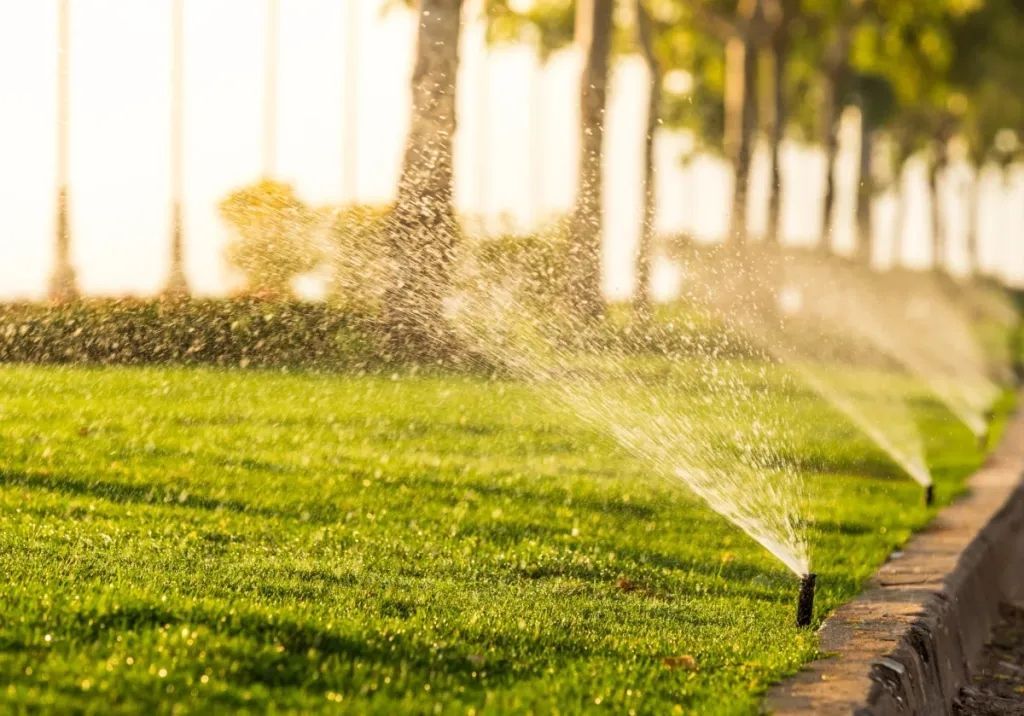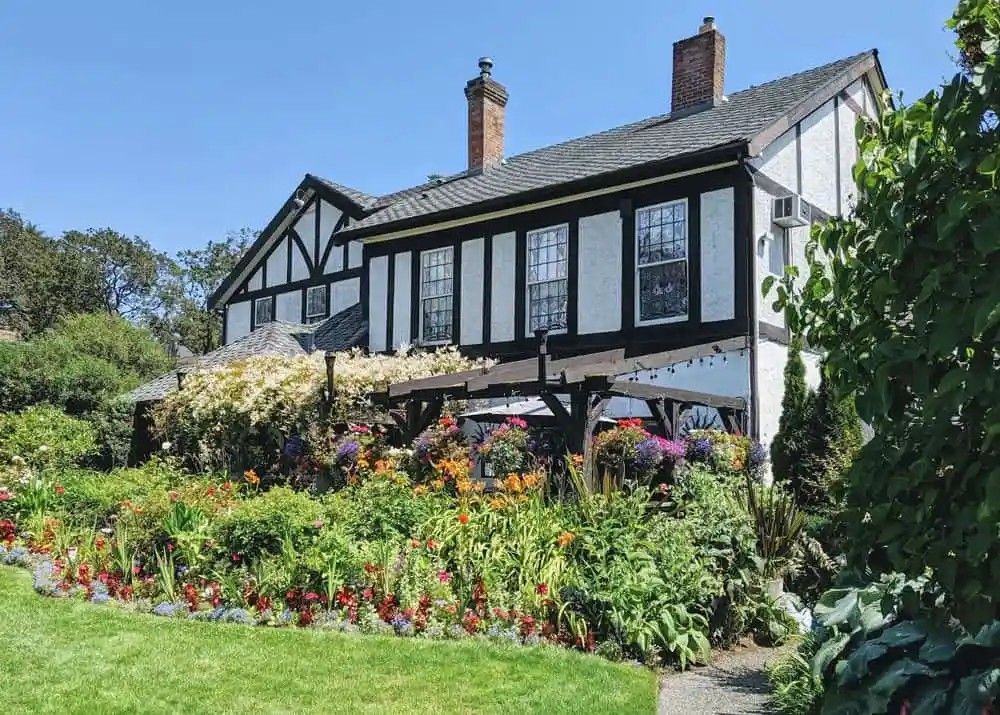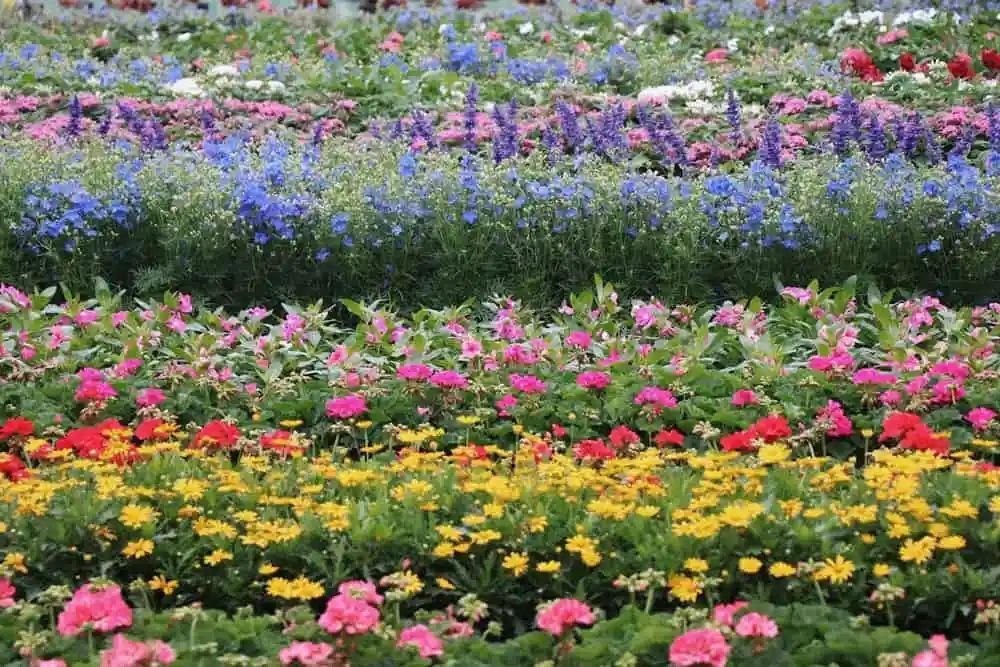Top 5 Summer Landscaping Tips for Tampa Homes
Summer in Tampa brings intense heat and humidity, which can take a toll on your landscape. To keep your outdoor space looking its best, it’s essential to adapt your landscaping practices to the season. Here are five tips to help you maintain a beautiful and healthy yard throughout the summer.

Top 5 Landscaping Tips for Tampa
1. Water Smartly:
With the summer heat, it’s crucial to water your plants deeply but less frequently. Early morning watering is best to minimize evaporation and allow plants to absorb moisture before the day gets too hot. Make sure your irrigation system is functioning efficiently to avoid water waste.
- Irrigate in the Early Morning: Water your lawn and garden early in the morning to reduce evaporation and allow plants to absorb moisture before the heat of the day.
- Deep, Infrequent Watering: Focus on deep watering rather than frequent, shallow watering. This encourages roots to grow deeper, making your plants more drought-resistant.
- Check Your Irrigation System: Regularly inspect and adjust your irrigation system to ensure efficient water use and prevent waste, especially during Tampa’s dry spells.

2. Choose Drought-Resistant Plants:
Selecting drought-resistant plants native to Florida can help your landscape thrive with less water. These plants are well-adapted to Tampa’s climate and require less maintenance, making them ideal for summer.
3. Mulch for Moisture Retention:
Applying a thick layer of mulch around your plants helps retain soil moisture and regulate soil temperature. Mulch also suppresses weeds, which compete with your plants for water and nutrients.
Using organic mulch like wood chips or bark not only helps retain moisture but also gradually enriches the soil as it decomposes. However, be cautious not to pile mulch too close to plant stems or tree trunks—this can lead to rot and attract pests. Aim to keep mulch a few inches away from the base to ensure healthy growth and effective moisture retention.
4. Fertilize Appropriately:
With the summer heat, it’s crucial to water your plants deeply but less frequently. Early morning watering is best to minimize evaporation and allow plants to absorb moisture before the day gets too hot. Make sure your irrigation system is functioning efficiently to avoid water waste.
- Use Slow-Release Fertilizers: Opt for slow-release fertilizers to provide consistent nutrients to your lawn and plants without the risk of over-fertilization.
- Follow Seasonal Guidelines: Adjust your fertilization schedule according to Tampa’s seasonal conditions, focusing on times when your lawn and plants need the most nutrients.
- Avoid Over-Fertilization: Be mindful of the amount and frequency of fertilization to prevent nutrient runoff and potential harm to your plants and the environment.

5. Prune and Trim:
Selecting drought-resistant plants native to Florida can help your landscape thrive with less water. These plants are well-adapted to Tampa’s climate and require less maintenance, making them ideal for summer.
Millennium Lawn & Landscape: Your Choice for Central Florida Lawn Care
When weed seeds are exposed to the sun, they germinate. When they are buried beneath a layer of mulch, they do not germinate. It’s almost too good to be true. If you have spent long hours weeding your flowerbed, you really must do yourself the favor of properly mulching before you call the job finished. The weeds will be back before you know it, and you’ll have the job to do all over again.